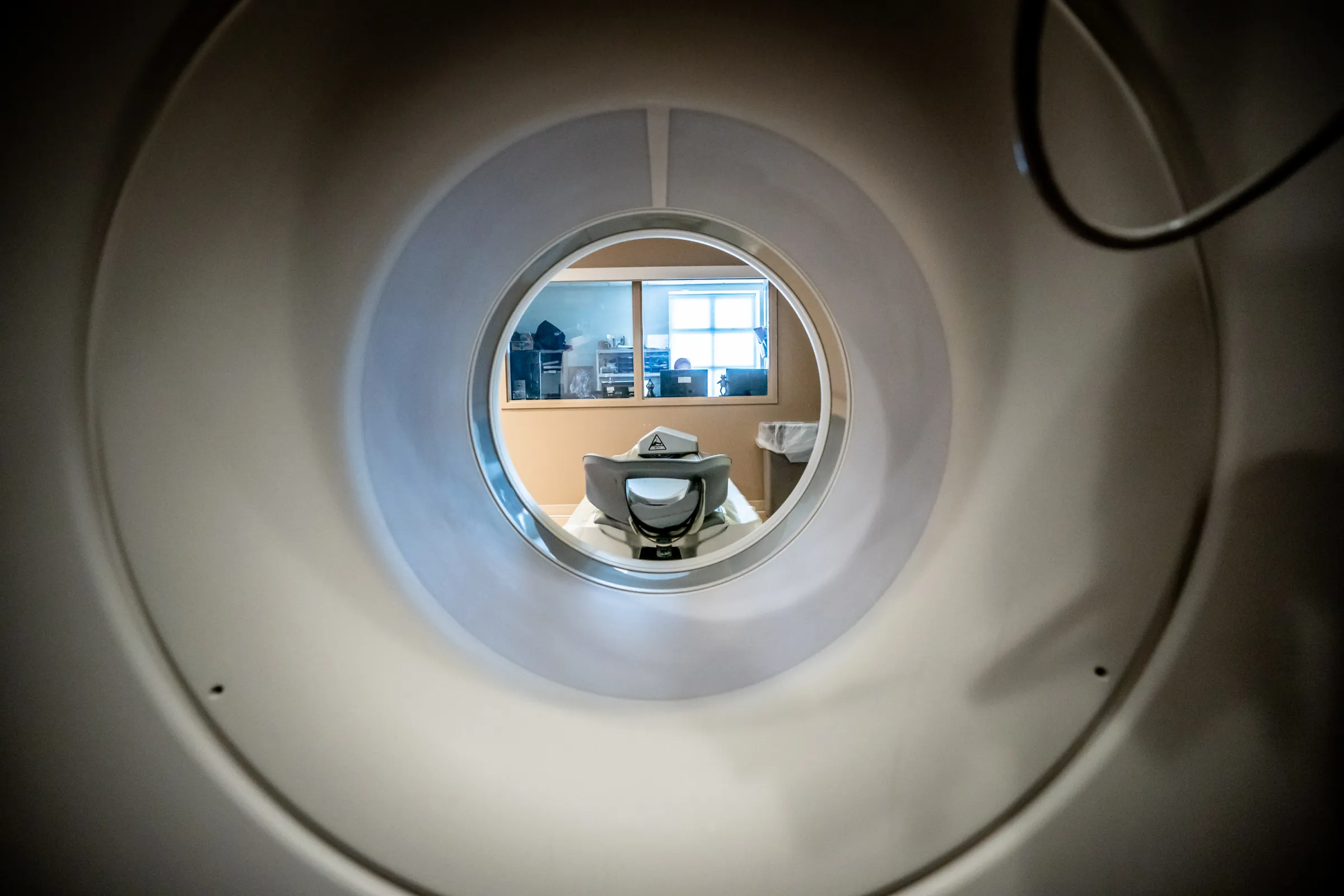Advanced Cardiovascular Imaging Fellowship
Advanced Cardiovascular Imaging Fellowship
The fellowship provides at least one year of training in advanced cardiac imaging modalities. The program is directed by Steve W. Leung, MD, associate director of cardiovascular imaging for the Gill Heart and Vascular Institute, and is a collaborative effort between the division of cardiovascular medicine and the department of radiology. The program takes place at the state-of-the-art Linda and Jack Gill Heart and Vascular Institute on the beautifully expanded and renovated University of Kentucky medical campus.

Cardiac MRI and Cardiac CTA
The training concentrates on cardiac MRI and cardiac CTA to help you attain level 3 in both modalities. Cardiac MRIs are performed on a Siemens Aera 1.5T scanner and Skyra Fit 3.0T scanner, which include a large volume of CMR stress perfusion testing. Cardiac CTAs are performed on a Siemens Somatom Force scanner (Dual source, 2 x 192 slices), capable of single heart beat acquisitions. Weekly didactic cardiac imaging conferences with the general cardiology fellowship provide a comprehensive review of multi-modality cardiac imaging. Imaging physics is taught in both didactics format and during image acquisition and readouts.
The fellow will review other cardiac imaging modalities including echo and nuclear studies. A multi-modal approach enhances the fellows understanding of the strengths and weaknesses of each diagnostic tool.
Other Training Opportunities
• Advanced techniques in 2D- and 3D-echocardiography
• Advanced multidisciplinary TEE teaching program using a TEE/TTE Manikin Simulator
• Intraprocedural TEE
• Strain and speckle tracking echocardiography
• Nuclear training on SPECT cameras (Solid State CZT, SPECT-CT, SPECT without attenuation correction)
• Thoracic non-cardiac computed tomography
• Non-invasive peripheral angiography
Research
Fellows will also have the opportunity to perform clinical cardiovascular imaging research and pre-clinical studies (Vevo 2100 high resolution system for cardiac and vascular imaging in small animal models). Research in cardiovascular medicine is supported annually by approximately $10 million in extramural funds for basic and clinical research.